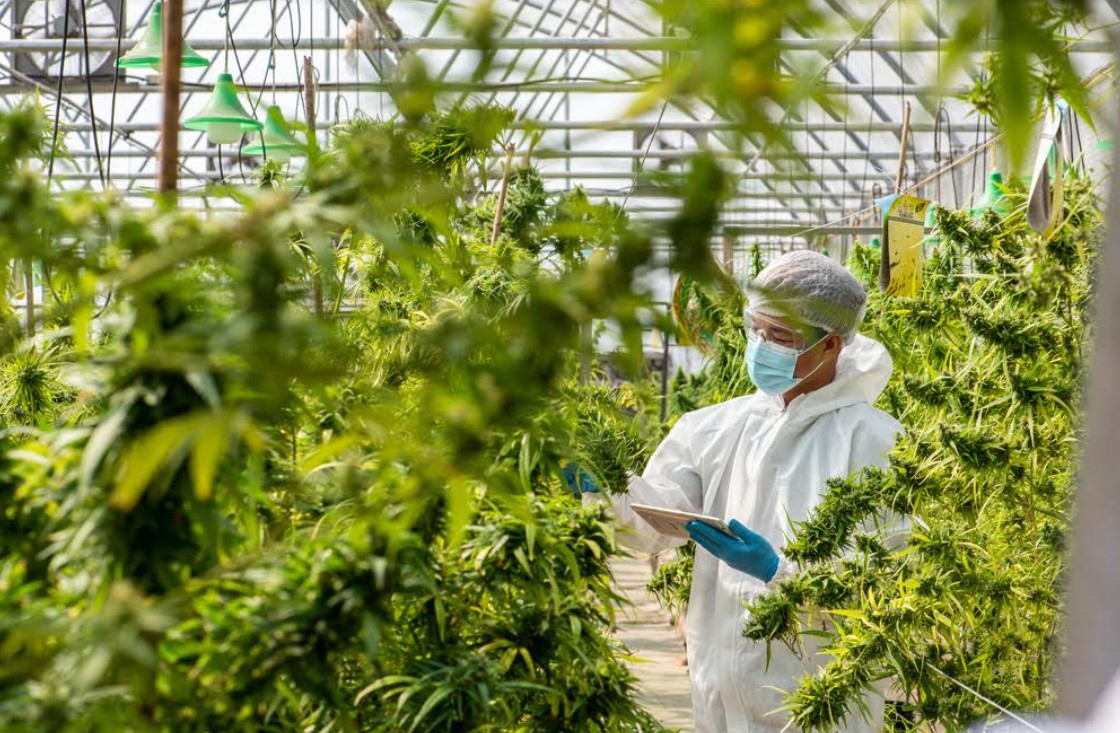
Utah law is very clear about who can grow, distribute, and purchase cannabis in the Beehive State. Their state-legal marijuana program only okays medical cannabis. Moreover, medical cannabis can only be purchased from a licensed pharmacy. But guess what? Enforcement appears somewhat inconsistent.
We have reached a point in the U.S. at which enforcing any marijuana laws is increasingly difficult. The problem is twofold. First is the obvious contradiction between federal and state laws. Marijuana is still illegal at the federal level. Yet in Utah and nearly 40 other states, it is legal.
Second is the bad press that comes with enforcing existing marijuana laws. Even where officials do have cases strong enough to prosecute, doing so looks bad. So law enforcement and prosecutors are always tempted to look the other way.
A Clear Case in Utah
The fact that this post began with a discussion on Utah is not coincidental. In fact, the post was inspired by a story out of Park City, UT. It turns out the Summit County Sheriff’s Office arrested a local man in the summer of 2022 on suspicion of selling marijuana laced with fentanyl.
He was arrested after another man called police claiming that he had experienced an adverse reaction to marijuana he bought on the street. An investigation led to the man who sold it to him. The man was arrested based on field tests suggesting the marijuana was, indeed, tainted.
Here is where it gets interesting. The original field test was followed by a forensic toxicology test which showed just the opposite. The marijuana was not laced with fentanyl. This led the Summit County Attorney’s Office to release an official statement that included an apology to the accused. The statement said he would not be charged in relation to the incident.
The Marijuana Was Still Illegal
It is good and right that the man in question will not be charged with selling and distributing narcotics. The marijuana he sold was not laced with fentanyl. But here’s the problem: distributing marijuana in Utah without a medical cannabis license is illegal. The man was still breaking the law.
Park City’s Deseret Wellness medical cannabis pharmacy explains that recreational marijuana remains illegal in Utah. Growing marijuana in the state requires a license. Any and all plant material must be sold to processors to be used to produce medical products. It cannot be sold for recreational consumption.
Perhaps Summit County officials decided to not prosecute their suspect because he had already been publicly accused of a crime he did not commit. But by the same token, they are ignoring another crime. Would they have chosen to wave prosecution if the suspect had been accused of pushing fentanyl-laced meth or cocaine?
We Want It Both Ways
If nothing else, the Summit County incident is evidence that we want it both ways when it comes to marijuana. The federal government wants marijuana to remain illegal yet looks the other way when states give the green light to both medical and recreational consumption. States like Utah have legalized medical cannabis but kept recreational cannabis off limits.
The inconsistencies from one state to the next, and between state and federal law, make enforcement problematic at best. At worst, drug enforcement has become a joke. Why have laws on the books if they are not going to be enforced?
This by no means suggests we should legalize any and all drugs that people want to use. Rather, it is to say that we need to get back to some sense of consistency. The current lack of legal consistency makes enforcement nearly impossible. And that causes problems.


